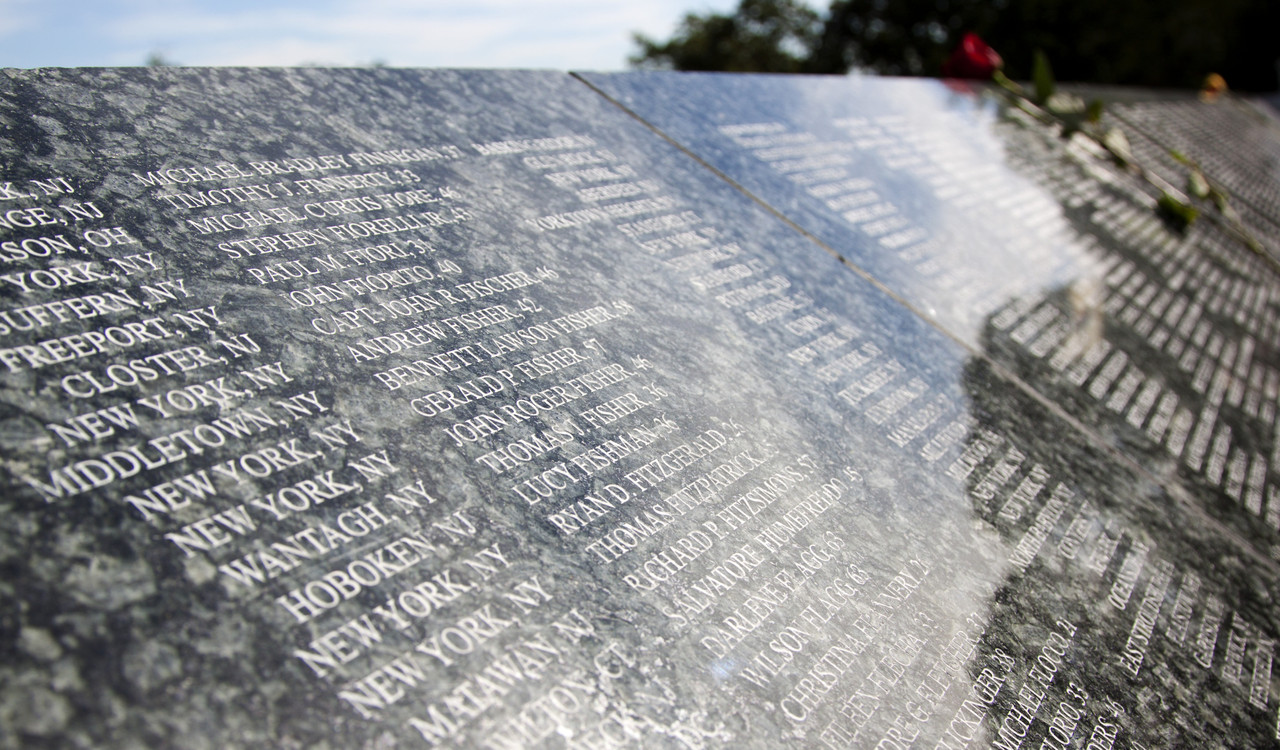President Joe Biden will visit all three sites of the 9/11 attacks: Ground Zero in Manhattan, New York, the Pentagon and Shanksville, Pennsylvania. The first two were the scenes of many casualties, while the third would be a reminder of the courage of the passengers who stormed the cockpit of the Washington-bound airplane.
“That really is the kind of generational memory, it’s the sort of thing like the equivalent of the Kennedy assassination for previous generations. Everybody remembers where they were what they were doing. I can certainly still quite vividly remember the day. I was in the UK at the time,” recalls , professor of political science in the University of Luxembourg. “We were watching it in real time and together, collectively. The only real screen at the time was a television screen and everybody was fixed on their television screen and watching this with a mix of horror and captivation. On the one hand you could not believe what was going on and yet on the other hand you couldn’t turn away.”
This sentiment is reflected in the memory of those alive at the time and especially those living in the United States. Statistics from the show that over 90% of Americans aged between 30 and 80 years old say they remember exactly where they were or what they were doing the moment they heard the news about the September 11 attacks. Whereas for those younger than 30 that number is closer to 40%.
Traditionally the 9/11 commemorations in the US have been largely sombre and non-political. The shared memory of the day of the attacks had led to this day of remembrance being marked by a sense of unity. “There are all sorts of other political consequences and lessons and uses beyond that, but I think the day itself has this almost sacred quality,” says Harmsen. He does not expect this day to be overshadowed by the recent withdrawal of American troops from Afghanistan which was followed by the Taliban regaining control of the country.
"After 20 years of war in Afghanistan, I refused to send another generation of America's sons and daughters to fight a war that should have ended long ago," Biden said last week.
The longest war in American history started less than a month after 9/11 and ended on 30 August 2021. The first phase of that war was aimed at dismantling terrorist networks abroad and taking down those responsible for 9/11. “That was a relatively limited set of goals and purposes which morphed into something else over time. Certainly, if you go back to 2001 no one was talking about nation building or state building or remaking the Middle East,” says. Harmsen.
The second phase of the Afghanistan war, starting from 2015, as well as the war in Iraq, were indeed marked by the idea of installing a western style democracy in the Middle East. “I think what Biden will attempt to say is that having now withdrawn even though the withdrawal was not what anyone had hoped for in terms of the way that it went, we can now turn the page,” says Harmsen. “At least as regards the United States the narrative will be, this is over, we closed the book, and we will move on to other things.”
